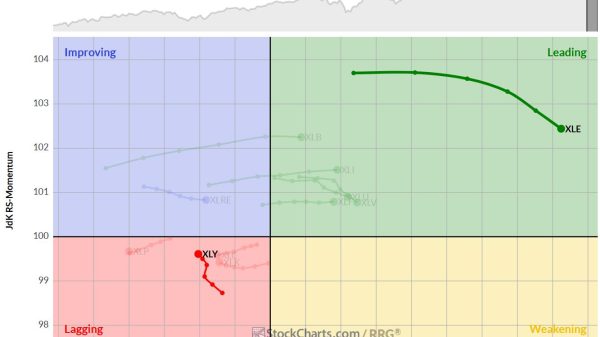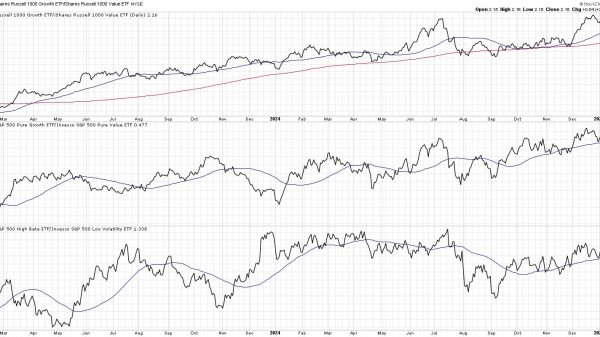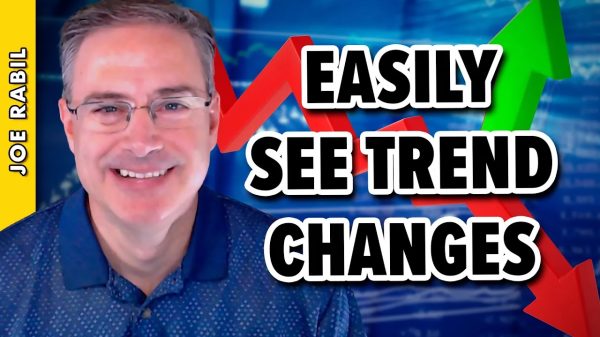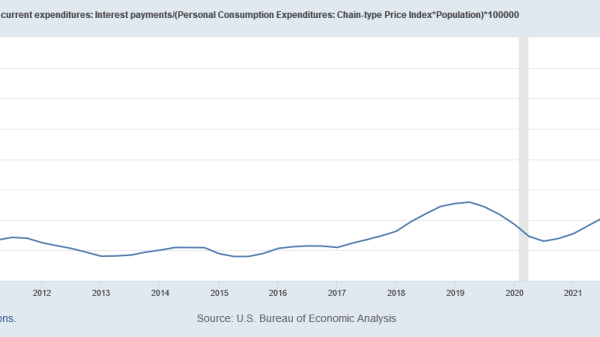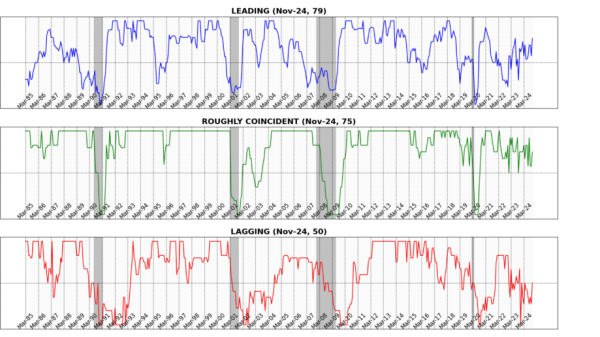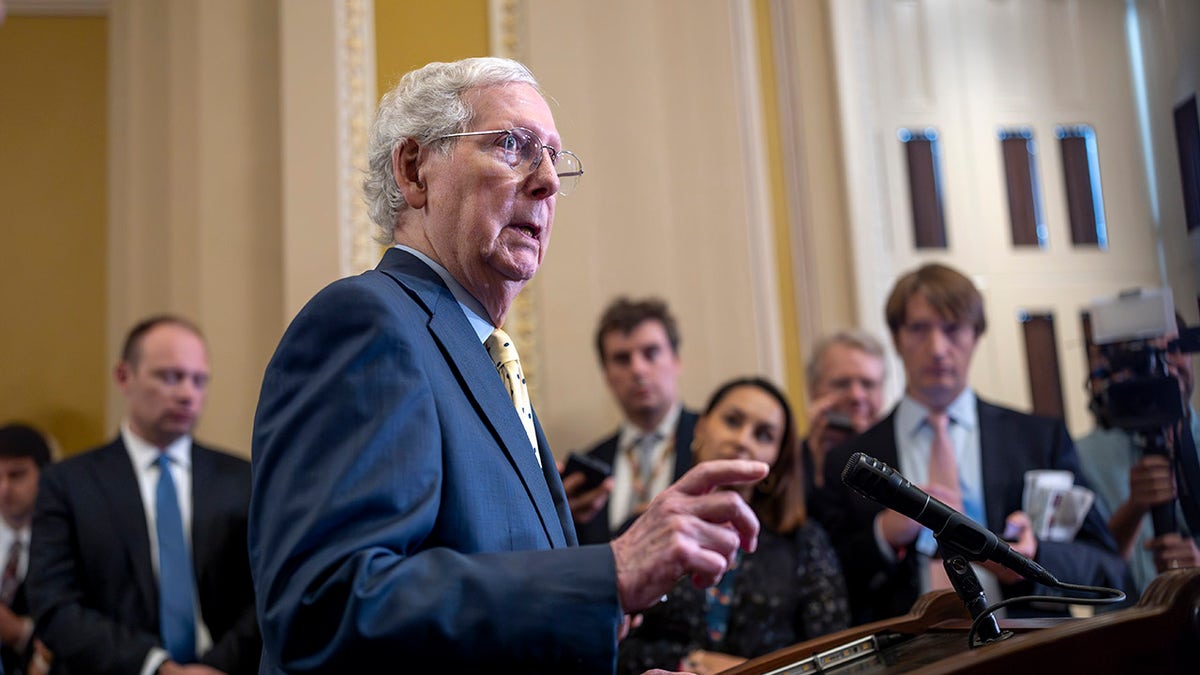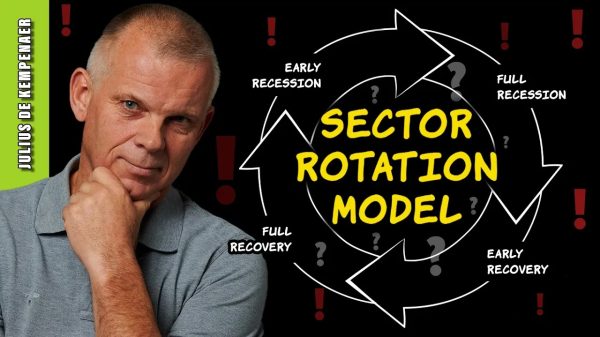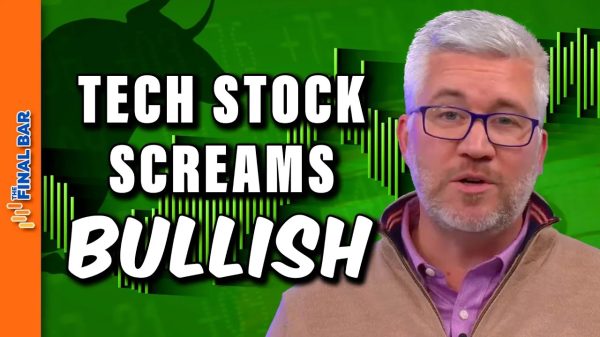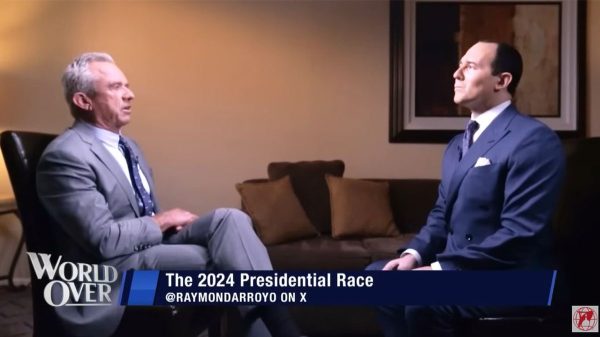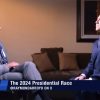There is already an ocean of commentary on the attempted assassination of former President Trump, and I will not add to it here, except to write: If you are not both grateful that he was spared and also mourning for the dead and wounded, see a mental health professional as you are seriously unbalanced.
Given that surfeit of commentary on President Trump’s escape from murder, I want to focus on a much less covered topic from last week.
Senate Republican Leader Mitch McConnell is nearing the end of his record-setting run as leader of a party in the United States Senate. McConnell was first elected by Kentucky voters in 1984, and McConnell was elected by his colleagues in the Senate Republican Conference to be their leader in 2007. When McConnell voluntarily yields that job in the next Congress, he will have spent a record 18 years as leader of a party in the Senate.
Last week McConnell laid out the outline of his last mission as Leader. McConnell may run for re-election in 2026 and if he does he is certain of victory. Whether he does or not, however, his views will not change on the need for the United States to lead the West and to adhere to the national security policy of the first of the seven presidents he has served alongside, Ronald Reagan. It is a view shared by the majority of Republicans according to the annual summer survey on national security issues conducted by the Ronald Reagan Foundation.
McConnell used last week’s NATO summit as the backdrop to a speech he delivered at the Washington D.C. headquarters of The Reagan Institute, a piece of the Reagan Foundation’s overall structure. McConnell’s remarks are a complete defense of Reagan’s ‘peace through strength’ foreign policy and a powerful reminder to the GOP’s delegates to the national convention now gathered in Milwaukee about what the last century’s most popular Republican president laid down as the central mission of the United States.
‘The West must ensure that our promises and our threats are backed by hard power,’ McConnell stated. ‘And,’ he added in the direct language that is supported by a majority of Republicans and American generally, ‘nowhere are the West’s interests and the credibility of its commitments more plainly and immediately at stake than on the front lines of Ukraine.’
Mitch McConnell doesn’t care whom he offends —he doesn’t need any more Christmas cards and he doesn’t much care what online masters of their own universes exclaim about him. He never has, whether the snarks are from the carpers on the far corners of American political left or right. They have never held a serious office, elected or appointed, and they are of no consequence to the real enemies of freedom. So McConnell does not care what they think about Ukraine’s war of survival, any more than he cares a bit about the opinions of enemies of Israel or the output of troll farms of Xi Jinping’s Chinese Communist Party or that of Putin’s bot factories.
The very real quartet of criminal regimes allied against the West right now in China, Russia, Iran and North Korea do not intimidate McConnell, so the great pretenders to influence in the virtual world barely register with him if they do at all. His contempt for the illusion of influence is quite as complete as his rejection of the threats from totalitarians abroad. The latter, however, present real threats to the West, as real as those which the now defunct U.S.S.R. presented to Reagan during his presidency.
‘[W]hat exactly does a Reagan foreign policy mean in the current moment?’ McConnell asked of an audience of serious folks gathered at the Reagan Institute’s gathering inside the Beltway. ‘What does the call to ‘peace through strength’ require of us in the face of revanchist powers, rogue states, and rabid proxies?’
‘I would suggest that, first, we ought to focus on the places where peace is threatened the most, and recognize their most urgent needs,’ McConnell continued. ‘Our friends on the front lines of authoritarian aggression and terrorist savagery don’t need hand-wringing hesitation or second-guessing. They need the tools to defend themselves, to impose costs on their aggressors, and to negotiate from positions of strength.’
Leader McConnell’s most significant achievement of his record-setting tenure is that he saved the Constitution from its slide into a shape-shifting ‘living Constitution’ that could be easily manipulated by transient majorities and populist crazes. McConnell did his most important work when he announced immediately after the untimely death of Justice Antonio Scalia in the middle of February 2013. By announcing that he and his conference would not hold hearings or votes on any nominee sent to them by lane duck President Barack Obama because of the approach of the 2016 election and the precarious balance of the Supreme Court, McConnell chose to trust the people. Some weak-kneed Republicans fretted then over McConnell’s decision when the older and (the) apparently moderate Merrick Garland was nominated by then President Obama despite McConnell’s declaration. Critics within his own party questioned whether McConnell was refusing ‘half-a-loaf’ given what they saw as the inevitability of a Hillary Clinton presidency in that late winter of 2016.
McConnell held tough in 2016 when the direction of the Supreme Court and thus of the Constitution was on the line, trusting in the American people and his legendary ‘Long Game’ (also the title of his memoir, among the best every written by an American legislator, both as to the operation of the upper chamber of the Congress and to the conduct of American politics in the past 40 years.)
McConnell’s principled stand contributed to the election of former (and future) President Donald Trump. The three justices Trump nominated and McConnell led the confirmation of: Neil Gorsuch, Bret Kavanuagh and Amy Coney Barrett remade the Court into a properly ‘constitutionalist’ one with ambitions only to apply the Constitution as written and amended in its original intent, consistent with the history and tradition at work at the time of ratification or amendment.
The work of those three justices, joined with the efforts of Chief Justice Roberts, and Justices Samuel Alito and Clarence Thomas have returned the Court to its original purpose which, again, is to defend the Constitution, as amended, in its original working, as intended by those who ratified it or any of its amendments. It is the ‘Roberts Court’ of course, but it could just as fairly be called the McConnell Court.
McConnell could have rested on that laurel, for it as significant as any that history can bestow: a defender of a genuine Republic. But he laid out a sort of farewell address as ‘Leader McConnell’ in his remarks to the Reagan Institute, just as George Washington did in 1796 when he prepared to leave the presidency. A legislator is not a soldier or an executive, but a legislative leader of McConnell’s stature and endurance will be noted as much by historians as any of the leading citizens of the republics of the past.
‘Credibility, capability, and capacity can’t be surged at a moment’s notice,’McConnell argued. ‘They can’t be purchased at the corner store. They must be honed and preserved over time.’
The keystone principles of the West and thus the key pillars of the Reagan Doctrine are still what ought to drive American national security today. McConnell spelled them out: ‘Territorial integrity. Sovereignty. Freedom of navigation.’
‘These are not just abstract principles,’ McConnell states. ‘They’re the same core interests that guided President Reagan’s leadership. And they’re being challenged today all over the world by Russia, China, and Iran.’
‘Isolationists on this side of the Atlantic must face the fact that American leadership is as indispensable today as it was 40 years ago… That our credibility is not divisible… And that European security and prosperity is tied inextricably to our own.’
McConnell is not going anywhere except to the Chairmanship of some Senate committee for at least two more years. The Leader took the opportunity of the NATO summit’s backdrop to remind his party and the country of the commitments it must uphold around the world with the boldness and consistency of his even as he upheld his commitment to the Constitution and the especially the First Amendment.
Hugh Hewitt is host of ‘The Hugh Hewitt Show,’ heard weekday mornings 6am to 9am ET on the Salem Radio Network, and simulcast on Salem News Channel. Hugh wakes up America on over 400 affiliates nationwide, and on all the streaming platforms where SNC can be seen. He is a frequent guest on the Fox News Channel’s news roundtable hosted by Bret Baier weekdays at 6pm ET. A son of Ohio and a graduate of Harvard College and the University of Michigan Law School, Hewitt has been a Professor of Law at Chapman University’s Fowler School of Law since 1996 where he teaches Constitutional Law. Hewitt launched his eponymous radio show from Los Angeles in 1990. Hewitt has frequently appeared on every major national news television network, hosted television shows for PBS and MSNBC, written for every major American paper, has authored a dozen books and moderated a score of Republican candidate debates, most recently the November 2023 Republican presidential debate in Miami and four Republican presidential debates in the 2015-16 cycle. Hewitt focuses his radio show and his column on the Constitution, national security, American politics and the Cleveland Browns and Guardians. Hewitt has interviewed tens of thousands of guests from Democrats Hillary Clinton and John Kerry to Republican Presidents George W. Bush and Donald Trump over his 40 years in broadcast, and this column previews the lead story that will drive his radio/ TV show today.


